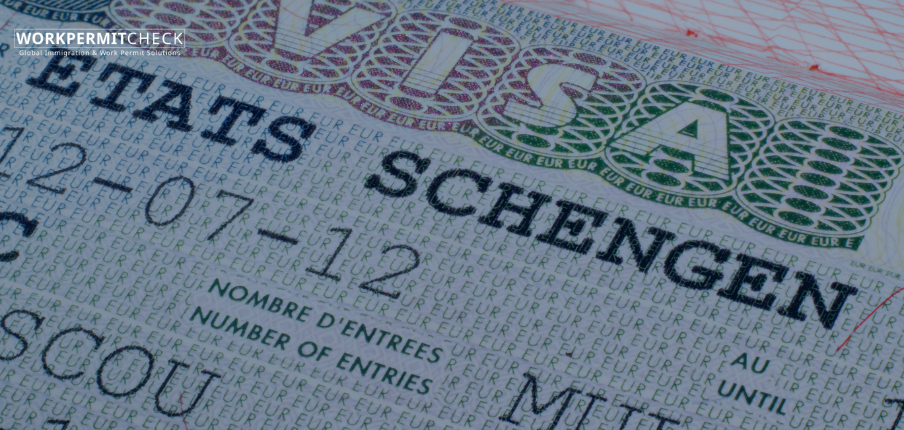Europe is a dream destination for many travelers, with its rich culture, historic cities, and diverse job opportunities. However, if you're thinking about working while you're in Europe on a tourist visa, it's important to understand the legal limitations. While it might seem tempting to pick up short-term work or freelance gigs while traveling, doing so can lead to serious legal consequences.
In this post, we’ll explore whether you can work in Europe with a tourist visa, the risks involved, and the legal alternatives for those wanting to stay and work in the region.
What Is a Tourist Visa?
A tourist visa (such as the Schengen Visa) allows non-EU citizens to enter and stay in the Schengen Area — which includes most EU countries — for up to 90 days within a 180-day period for purposes like:
-
Tourism
-
Visiting family or friends
-
Attending cultural events or short training courses
-
Business meetings (not paid employment)
It is strictly not intended for employment or long-term stay.
Can You Legally Work on a Tourist Visa?
The short answer is no — you cannot work in Europe on a tourist visa.
Whether it’s:
-
A full-time job
-
A freelance gig
-
Cash-in-hand labor
-
Remote work for a European company
... any form of gainful employment while on a tourist visa is not allowed under EU and national immigration laws.
Even unpaid internships can be considered a violation if they substitute for paid work or don’t have proper authorization.
What Happens If You Work Illegally on a Tourist Visa?
Working in Europe on a tourist visa is a violation of immigration laws and can result in:
-
Immediate deportation
-
Fines or legal charges
-
A ban from re-entering the Schengen Area or EU
-
A black mark on future visa or work permit applications
Many countries conduct random checks or may investigate based on employer reporting, so it’s not worth the risk.
Can You Work Remotely for a Non-European Company?
This is a legal grey area.
Some countries tolerate remote work for non-European companies as long as:
-
You're not engaging with local businesses or clients
-
You're not competing in the local job market
-
Your stay is still consistent with the activities allowed under a tourist visa
However, most Schengen countries do not officially allow remote work on a tourist visa, and it may still raise red flags during border checks or future visa applications.
If you're a digital nomad, it’s better to explore Digital Nomad Visas, which are offered by countries like Portugal, Estonia, and Croatia.
Legal Alternatives to Work in Europe
If you want to live and work in Europe legally, here are some proper pathways:
1. Work Permit or Employment Visa
Requires a job offer from a European employer and approval by immigration authorities.
2. EU Blue Card
Designed for highly skilled non-EU nationals with higher education and a high-paying job offer.
3. Freelance or Self-Employed Visa
Some countries (like Germany, France, and Spain) offer visas for freelancers, artists, and self-employed professionals.
4. Student Visa with Work Rights
Studying in Europe often comes with limited work rights (usually up to 20 hours/week).
5. Digital Nomad Visa
These allow remote workers to live in the country while working for foreign clients or companies.
Tips for Staying Within the Law
-
Never accept paid work without proper authorization.
-
Don’t overstay your tourist visa — it could affect future visa applications.
-
If you want to explore working abroad, start by researching legal visa routes before entering Europe.
Conclusion
While Europe offers plenty of exciting opportunities, working on a tourist visa is illegal and comes with serious consequences. Whether you’re hoping to work full-time, freelance, or even remotely, make sure you apply through the correct channels and obtain the right type of visa or permit. Planning ahead and following legal procedures is the best way to build a long-term, successful experience in Europe.
April 22, 2025



















































































